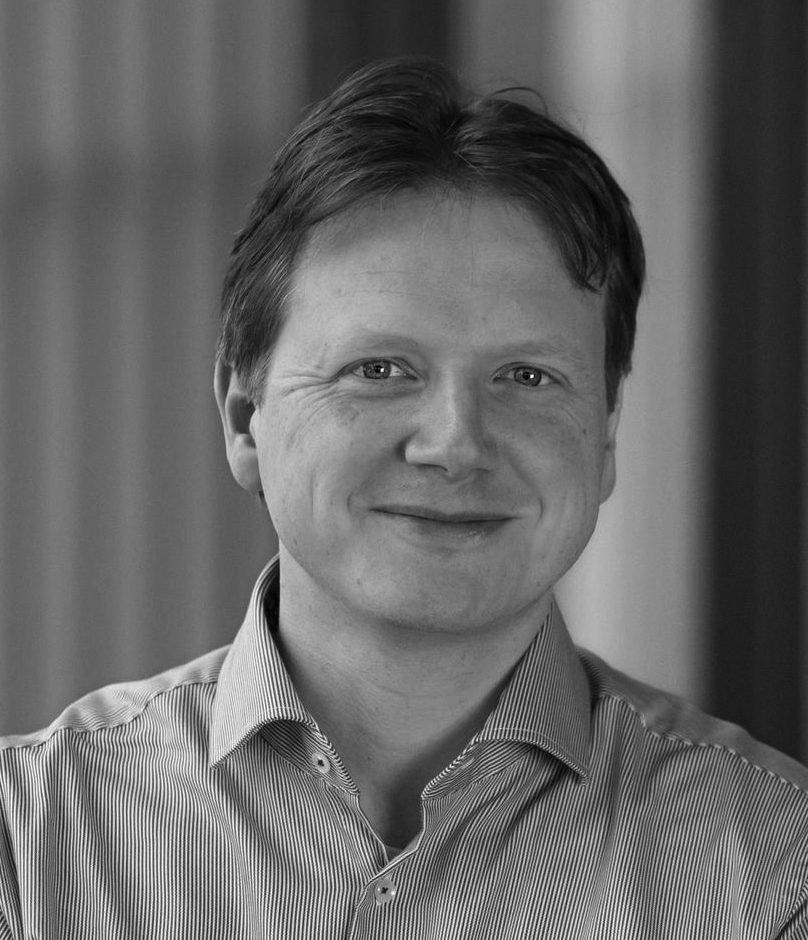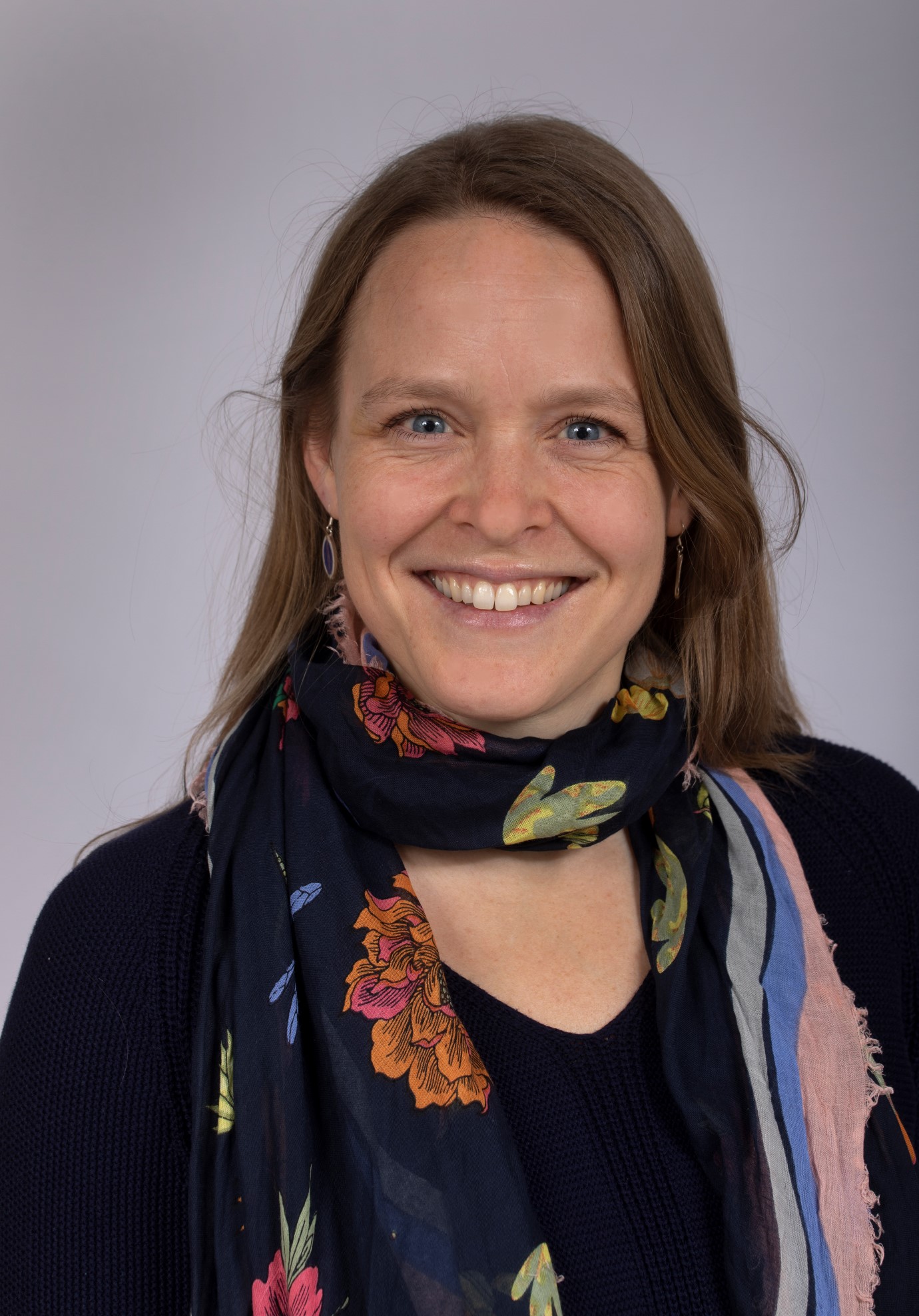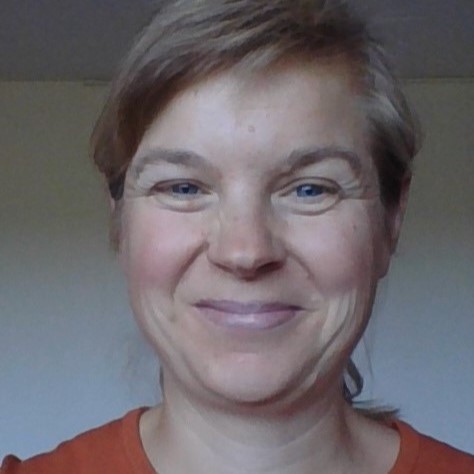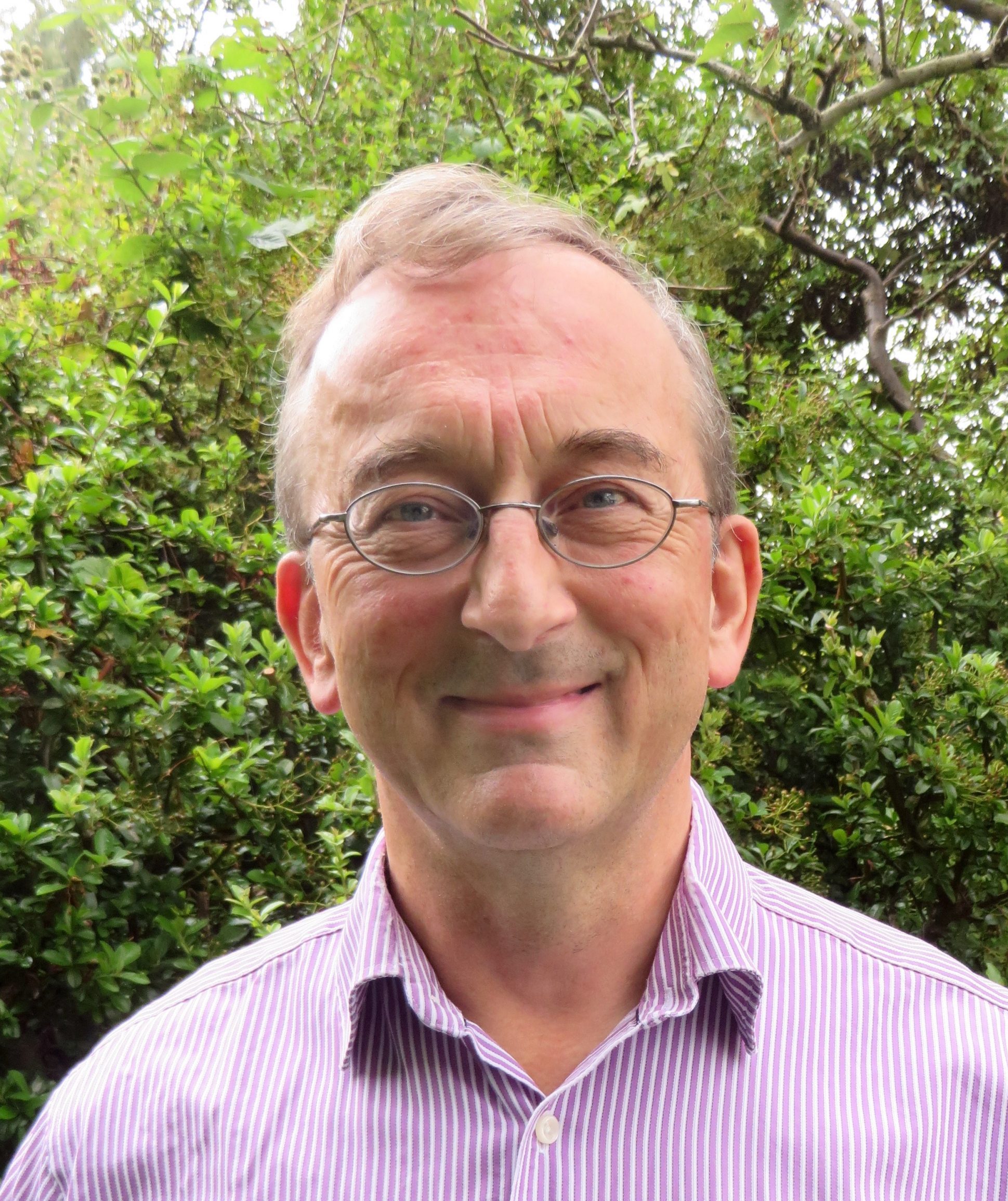Real-World Evidence in Medicine Development
This self-paced online course gives an understanding of current techniques, opportunities and challenges for the creation of real-world data (RWD) to generate and use real-world evidence (RWE) for medicines in development. Course participants come from pharmaceutical companies, regulatory authorities, health technology assessment bodies, patients’ organisations, consultancy companies and academia.
The course consists of five self-paced chapters, addressing different aspects of RWD and RWE, and requires approximately 10-12 hours of input. This non-technical course is designed for those with some familiarity with medicines development and wish to broaden their expertise of this topic.
Course chapters will cover the following topics:
- Introduction
- The world of RWD and RWE
- Generating and combining RWD
- Using RWE in decision-making
- Conclusion
This is an ideal course for anyone who wishes to become familiar with the various concepts, approaches and techniques of involved in generating and using RWD and RWE.




